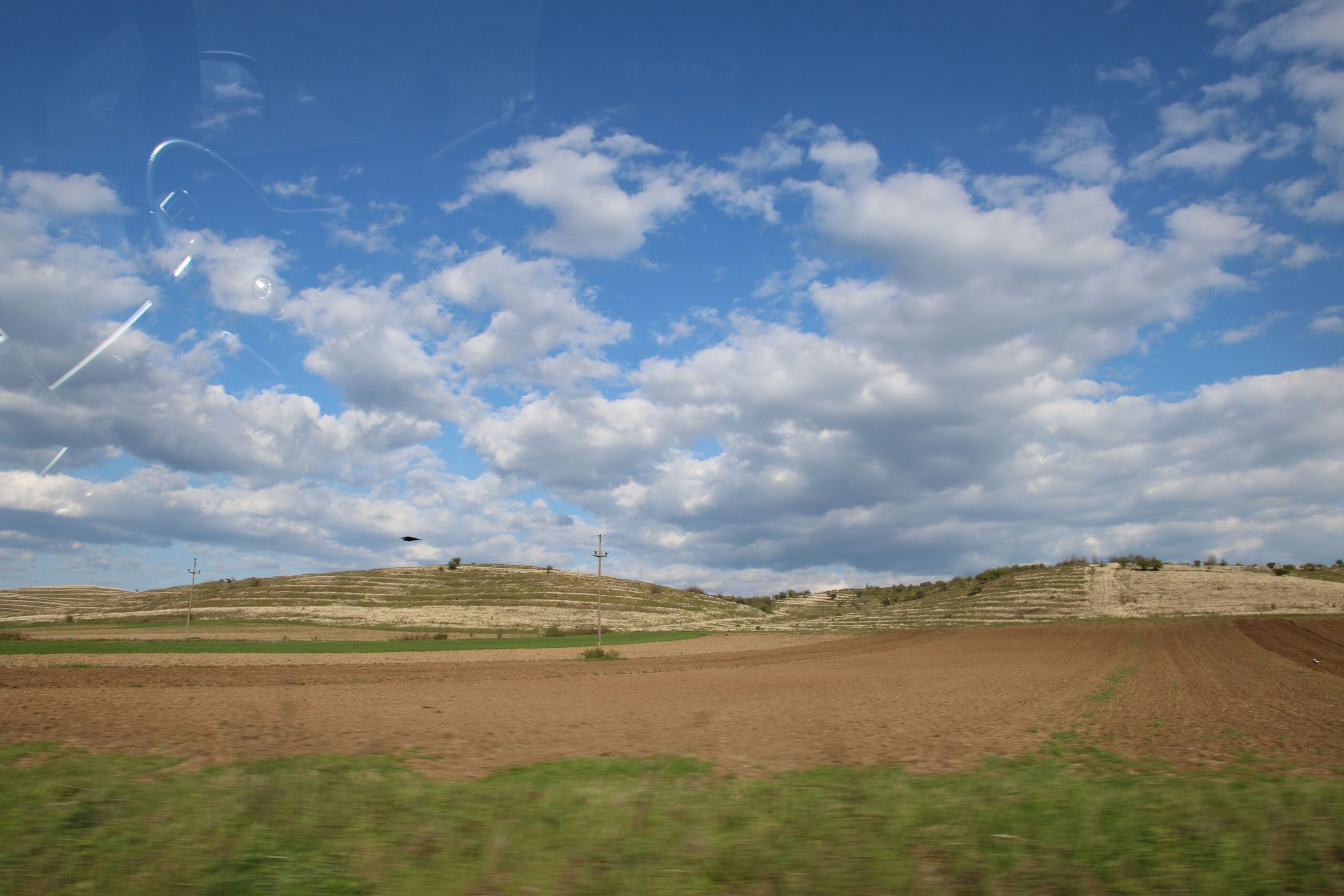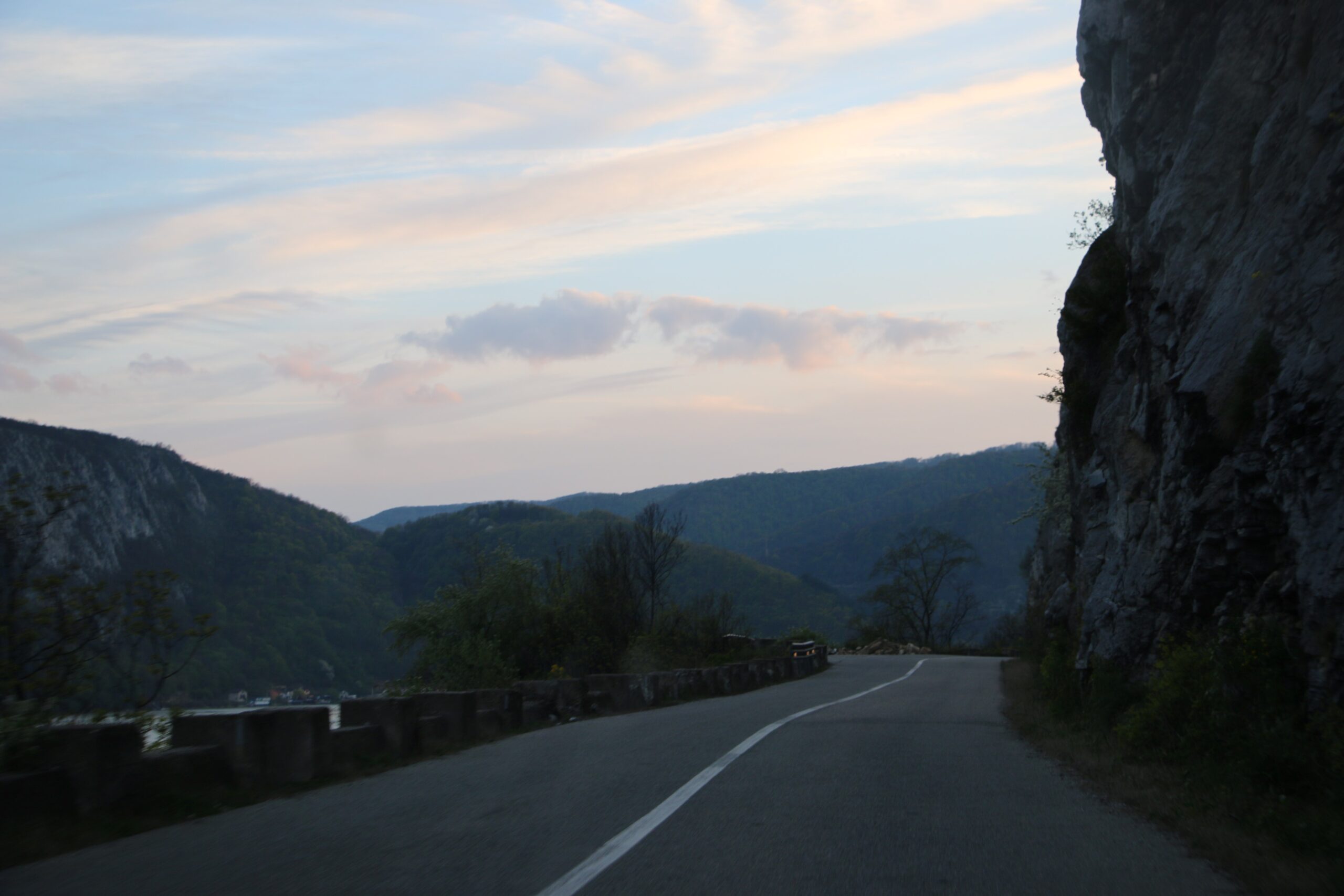Historians of corruption in the early-modern world tell us that, far from being reserved to some regions and cultures, activities which we regard today as corrupt – trading of influence, favouritism, use of “public” office for “private” gain, gifts to those in power etc. – were commonplace. Several features of the early-modern societies favoured such a state of affairs. Officials were recruited through patronage and received no salaries, which meant that they drew their revenues from the exploitation of their offices, a legitimate behaviour. The blurred dividing line between private and public only encouraged the latter situation. Not least, officials had to navigate between competing norms, like the loyalty towards the institution, the allegiance towards his family or patron and religious identity. This alone is enough to dispel the essentialist notion of corruption as an inborn characteristic of a culture/society/region.
The same situation is documented in Wallachia, during the 17th and early 18th century. Administrative malpractice was treated on a case-by-case basis and was framed as disloyalty or debt to the prince. Several cases of embezzlement and abuses from the 17th century are documented, the most famous one from 1695, involving the clucer (official responsible for the provisioning of the princely court ) Constantin Ştirbei. The latter took bribes, mis-assessed the taxes due by tax-payers and embezzled money from the tax he was entrusted to collect. But the prince accused him of being ingrate (for the favours the prince bestowed on him) and disloyal.
This situation began to change in the second half of the 18th century when the Phanariot princes of Wallachia introduced a series of reforms meant to improve administration, taxation and justice and to put on a legal basis the relations between dependent peasants and their landlords. The reforms inaugurated a new style of government, one based on the issuing of frequent ordinances which regulated in detail, among other aspects, the duties and rights of the office-holders. It is in these regulations that a preoccupation with the office-holders’(mis)conduct surfaces. Let us take, for example, the office of the head of border district (vătaf de plai). Numerous ordinances establish the responsibilities and rights of these officials, including their pay, and warn them to refrain from abuses. The stipulations of these ordinances are inserted in the letters of appointment. In 1785 the head of the Arefu border district (Argeş county) was accused of establishing illegal sources of income, of acting beyond his jurisdiction and of committing various other abuses. Thus, the crimes he was accused of came in direct contradiction to the princely regulations. In other cases, these regulations are even cited or quoted.
This was due to a large extent to the particular situation of Wallachia with regard to the Ottoman Empire as a tributary principality, a relation which brought an ever-mounting fiscal pressure. Moreover, the frequent wars between the three neighbouring empires (Habsburg, Tsarist, Ottoman) generated periods of economic and demographic crises which determined attempts from the part of the rulers to overhaul the administration and impose stricter rules of conduct in office. Hence, far from the image of a society in which corruption is a perennial and nonproblematic phenomenon favoured by the culture of that society, we witness a shift in the way malfeasance is understood and a concern with it. Of course, this does not necessarily imply success in keeping corruption in check or reducing it. However, the transformation of how corruption was understood is significant.

